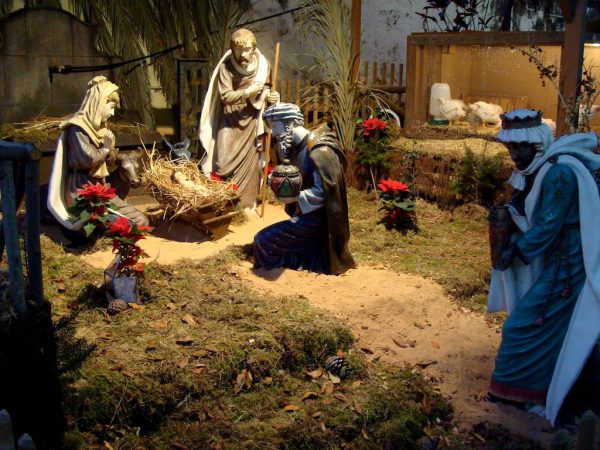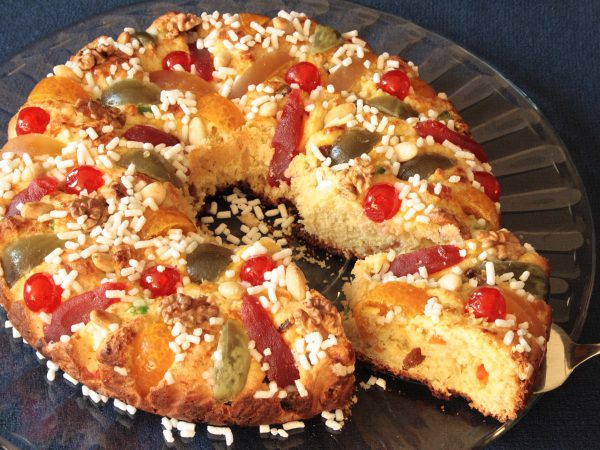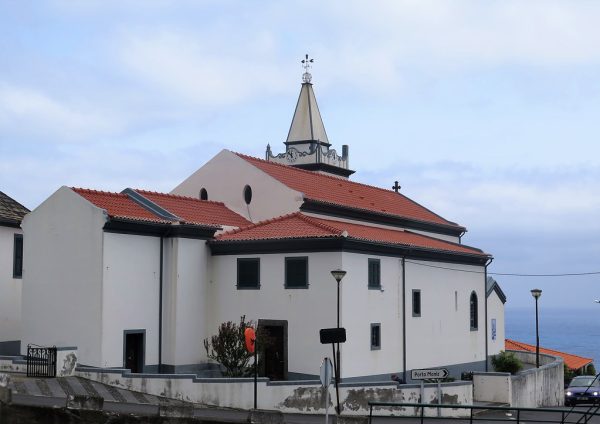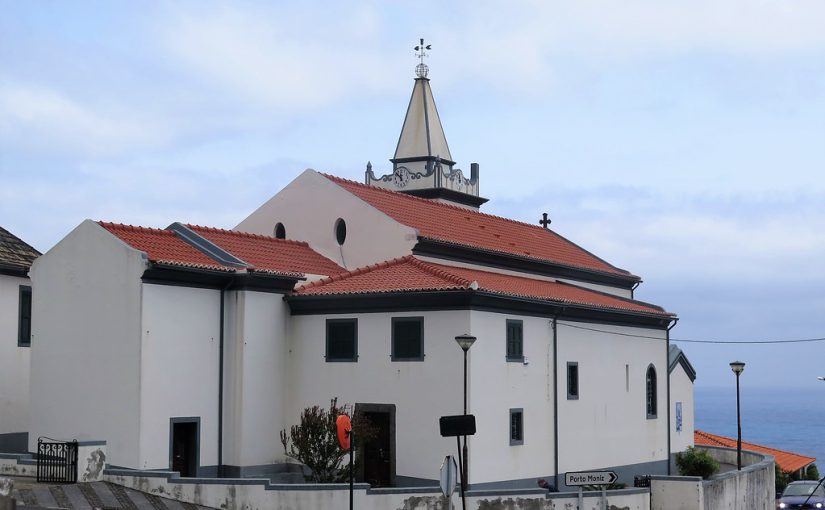For many of us, Christmas is all about eating too much turkey and Christmas pudding, singing Jingle Bells at some point during the festivities and pulling on a cracker or two, only to be disappointed with the ‘dad joke’ inside.
But for others, there won’t be a hint of a roast potato or mince pie as they have other Christmas traditions due to their heritage or culture. We’ve been speaking to a few colleagues who make up our diverse public service to find out what Christmas looks like for them. Here’s how Nicola de Jesus, Head of Customer Experience for Customer and Local Services, celebrates…

“Something we do, which my parents continue to do every year, is a nativity scene as part of the Christmas decorations which would go under the tree.”
“My aunties would go and get moss from stones and build around the scene like a cave. Some villages will have competitions on who has the best nativity scene built and we would go round and visit people’s different scenes.”
Each scene is created with unique, fragile, porcelain dolls, that many people have collected for years on end. You can see an example of this in the picture on the right, from Funchal, the capital of Madeira.
For many of us, it is Christmas Day that is the most celebrated during the year, but for Nicola, Christmas Eve is the most important, “traditionally people go to midnight mass, and after midnight mass in the village you have lots of people coming together which feels very festive and community like. You drink homemade liquors and eat homemade cakes outdoors; everyone comes together after the mass.”
“After the midnight mass and the after-church festivities, my family will make Canja (chicken broth), people will just scoop it out of the bowl with a mug, it could just be the broth, or you can have it with noodles.”
An added bonus for Nicola, when she was growing up, was the fact that she could open presents after the midnight mass had finished and didn’t have to wait until Christmas Day, a contrast to some cultures where children have to go to bed early on Christmas Eve.
“For me, it’s Christmas Eve that makes Christmas,” Nicola admitted.
Who could also forget about the food, as is the case in many cultures, food is a huge part of Christmas in the Portuguese community.

“There are lots of things that make me feel like Christmas, but one of the core things is something called ‘Bolo Rei,’ which translates to the Kings Cake. The cake is a reference to the three wise men and the kings, and it’s eaten over the Christmas period, as well as on the 6th of January.
“Traditionally the King’s Cake has two things inside, a little trinket and a dried broad bean, you cut the slices up with your family, and you don’t know where each item is. The trinket is a reference to bringing a gift to Baby Jesus, if you got the trinket, it meant you would have good luck for the next year, and if you got the dried broad bean, it meant that you would have to buy the cake the following year,” Nicola added.
If it’s not the sweet smell of Bolo Rei filling the air, it’s the aromas of garlic and wine that infuses Nicola’s house.
“The other dish I love is a pork-based dish, it’s diced pork marinated in bay leaves, garlic, and wine also known as Picado. You could always smell it in people’s houses and cafes. It’s almost treated like leftover Turkey after Christmas; people would make sandwiches out of it as a late-night snack.”
One final tradition that Nicola continues is watching fireworks on New Year’s Eve, “I remember watching the huge fireworks displays when I was younger, so now I will always look for places in Jersey that are doing them, it’s not the same watching it on TV,” Nicola said.
The fireworks in Madeira are world-renowned as one of the biggest and most spectacular. It has been voted as the “Best New Year’s Eve Destination” in Europe, and has made it into the Guinness World Book of Records as “The World’s Largest Spectacle.”

From growing up in a Portuguese household, spending Christmas time in Seixal, where Nicola’s mother is from, and attending midnight mass in the little white Church, Nicola has tried to incorporate Portuguese traditions with English ones for her family, and she “always talks about Christmas in Madeira,” she said.
 blog.gov.je
blog.gov.je